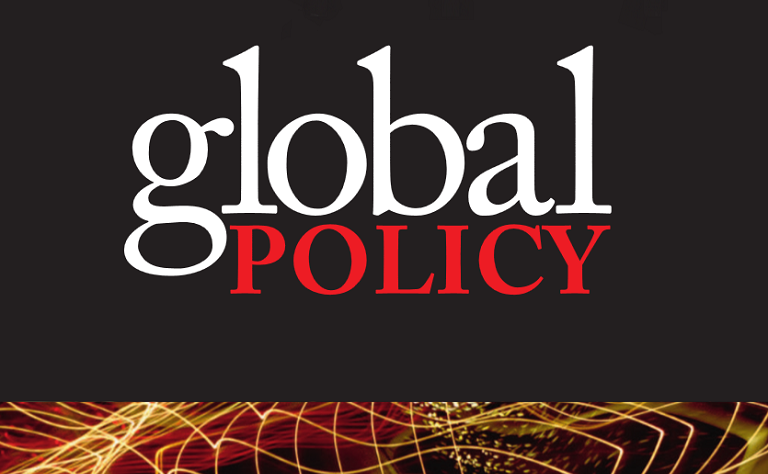Japan in the 2019 G20 and G7 Summits: A Key Partner for Europe?

This essay offers a general assessment of Japan’s performance in the 2019 G20 and G7 Summits, held respectively in Osaka, Japan and Biarritz, France and looks at how Tokyo coordinated with its European partners (The European Union (EU) institutions and the EU Member States) in these international settings.
The analysis reveals several differences and expectation gaps between the two partners. In particular, even if Tokyo is aligned with most European objectives in terms of trade and data governance, Japan insists on accommodating the US, on which its security still very much depends. Also, Japan’s preference for consensus-building disappoints European states’ search for a more ambitious leadership – on the issue of climate change, for example. On Japan’s side too, there is frustration. The rigidity of European positions and solutions (on a strict protection of digital data privacy, for example) is a concern. Regarding the G7 Summit held in France, the informality of the meeting was an issue for Japan’s formal diplomatic style and Tokyo was disappointed by the very brief mention of Asian affairs in the final communiqué. A candid dialogue between Japan and its European partners, backed by track 1.5 discussions, should be held to reduce misunderstandings and more efficiently push common interests in multilateral settings.
Policy Recommendations
- Japan should more clearly delineate its priorities, objectives and constraints, while advocating its role as a consensus-builder and go-between in international settings.
- Europeans should acknowledge the constraints of Japan’s strategic autonomy and the characteristics of its diplomatic style in order to ensure an optimal cooperation in the G7/G20 meetings to come.
- A permanent candid dialogue between Europeans and Japanese through Track 1.5 venues should strengthen mutual understanding and help advance their partnership
The full article is available on Global Policy's website.

Available in:
Regions and themes
Share
Related centers and programs
Discover our other research centers and programsFind out more
Discover all our analyses
RAMSES 2024. A World to Be Remade
For its 42nd edition, RAMSES 2024 identifies three major challenges for 2024.
France and the Philippines should anchor their maritime partnership
With shared interests in promoting international law and sustainable development, France and the Philippines should strengthen their maritime cooperation in the Indo-Pacific. Through bilateral agreements, expanded joint exercises and the exchange of best practices, both nations can enhance maritime domain awareness, counter security threats and develop blue economy initiatives. This deeper collaboration would reinforce stability and environmental stewardship across the region.

The China-led AIIB, a geopolitical tool?
The establishment of the Asian Infrastructure Investment Bank (AIIB) in 2016, on a Chinese initiative, constituted an attempt to bridge the gap in infrastructure financing in Asia. However, it was also perceived in the West as a potential vehicle for China’s geostrategic agendas, fueling the suspicion that the institution might compete rather than align with existing multilateral development banks (MDBs) and impose its own standards.
Jammu and Kashmir in the Aftermath of August 2019
The abrogation of Article 370, which granted special status to the state of Jammu and Kashmir (J&K), has been on the agenda of the Bharatiya Janata Party (BJP) for many decades.







